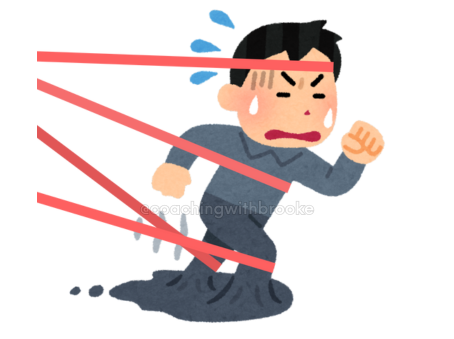When Compassion Becomes Too Heavy: ADHD and Compassion Fatigue
- Brooke Schnittman MA, PCC, BCC

- Oct 23, 2025
- 2 min read

If you have ADHD and you’ve always been “the helper” in your circle - the one who jumps in, offers support, carries others’ emotions - you might already know how this story ends:
Eventually, you're the one who’s quietly burning out.

Why ADHDers Give So Much
People with ADHD are often deeply compassionate. Not just kind, but tuned in to the emotional temperature of others.
This can come from years of being misunderstood ourselves.
We know what it feels like to be criticized for things we couldn’t control. And we never want to make someone else feel that way.
So we:
Overextend
Over-apologize
Overcompensate
Over-care
And when we do this over time - without boundaries or recovery - we end up depleted.

What Compassion Fatigue Looks Like in ADHD
It’s not just emotional exhaustion.
Compassion fatigue can show up as:
Feeling drained, irritable, or disconnected
Avoiding people or tasks that once mattered to you
Struggling to manage basic responsibilities, including caregiving
Guilt — lots of it — for not “doing enough”
Headaches, insomnia, and fatigue
Decreased empathy or even resentment
It can feel confusing because you still care. But your nervous system is waving a white flag.

Why It Hits ADHD Brains Differently
ADHD brains are wired for stimulation and emotional intensity. Our inner world is often running on overdrive: managing rejection sensitivity, emotional dysregulation, or masking to fit in.
Add in the desire to help others and be “good,” and it’s a recipe for burnout.
We often set high moral standards for ourselves to “make up” for our struggles. When those values feel threatened or compromised (by others or by our own exhaustion) it hits hard.

So What Can You Do?
Here’s where I recommend starting:
1. Honor Your Boundaries
Not easy, especially if you’re afraid of upsetting others.
But boundaries aren’t punishments, they’re limits that protect your energy and mental health.
Say it with me:
“A boundary is a limit that I need to honor.”
2. Ask for a Lifeguard
Find a trusted friend who can gently point out when you’re slipping into compassion fatigue. Someone who reminds you, kindly, when it's time to take care of you.
3. Build a Self-Care Wheel
Instead of waiting until you crash, create small daily check-ins across different areas using your own Self-Care Wheel:

Physical: Go for a walk, dance to a favorite song
Emotional: Watch a comedy, journal
Spiritual: Sit in nature, meditate, or pray
Personal: Do the hobby you keep putting off
Psychological: Practice mindfulness
Professional: Take real time off. No work distractions
💡Remember: Tiny actions build resilience and help you keep your compassion sustainable.
Compassion isn’t a weakness. It’s a strength... One that needs rest, care, and boundaries to thrive.
You don’t need to care less. You just need to start caring for yourself, too.
Take Care of Yourself,
Coach Brooke




